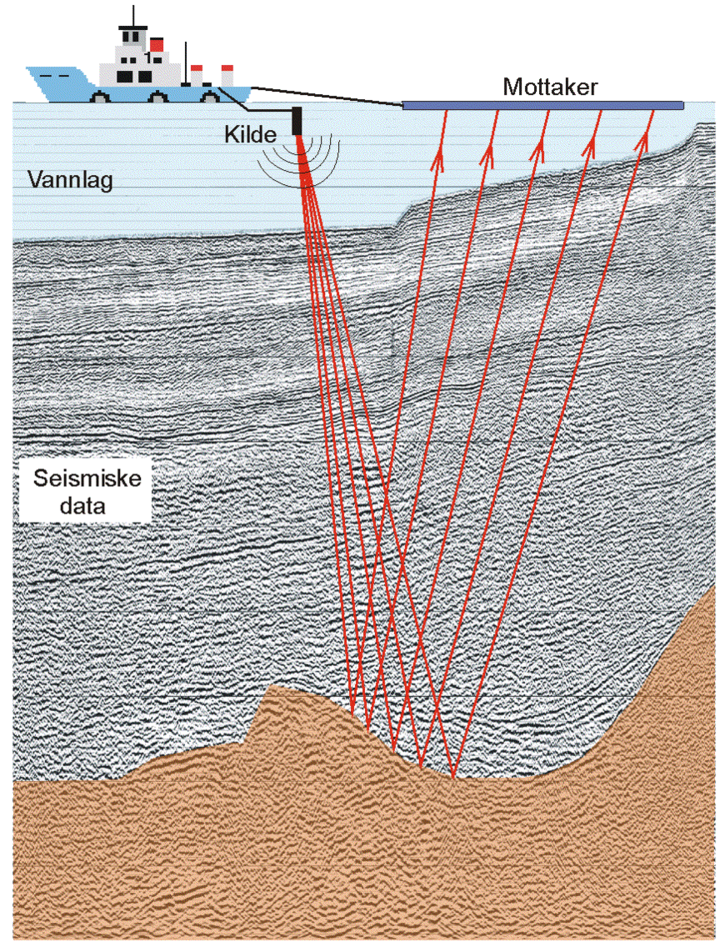All Categories
Featured
Table of Contents
How To Become A Geophysicist in Huntingdale Aus 2020
This work is increasingly contracted out, so consultancies provide another source of work. Consultancy firms differ in size, from extremely little business to big multinationals. Some consultancies are quite specialised in using particular geophysical techniques or working in particular locations, while others provide a more diverse series of services to their consumers.
The extraction of gas from garbage dump websites is another location of work and this might grow in the future. Exploration companies might carry out work for construction firms, public utility, mining business and environmental companies, so geophysicists may be used in any of these settings. Other companies consist of: geological surveysgovernment bodies and agenciesuniversities and research institutes.

Jobs may be listed in the oil and gas sector press. Recruitment is affected by oil rate fluctuations and the level of competition for positions differs depending on this. Careers Days, which cover the complete variety of geoscience careers and are normally participated in by a number of key market employers, are run by The Geological Society.
Airborne Geophysical Surveys in Wembley Downs Western Australia 2022
A few of the large oil and gas business offer a full two-year structured training programme across the breadth of geophysics, consisting of the chance to experience operate in various teams prior to specialising in one area. Your training may consist of work on: existing wellsmagnetic and gravitational prospective field data analysisresearchrock analysis. It's more usual for your preliminary training to be offered on the task.

There may be a probationary duration throughout which you work together with a knowledgeable colleague. Competency-based appraisals happen regularly in the majority of companies. In smaller sized companies, and for scholastic posts, there is unlikely to be any formal training - you'll be anticipated to start work straightaway and choose up abilities as you go along.
If you work for a smaller business, you might find that you need to take responsibility for arranging and funding your own development and training. If you have a geology degree, membership of The Geological Society can be beneficial for networking and for maintaining to date with the industry.
Careers in Heathridge Australia 2021
You may likewise discover it helpful to sign up with the PESGB (The Petroleum Expedition Society of Great Britain, which has a geophysics unique interest group. After a probationary duration, and as soon as you've gained some experience, you could progress to senior geophysicist, then group leader and then into a senior role in management.
The ease of motion between functions depends on the company structure. Research study at Masters or Ph, D level in a subject associated to geophysics or geosciences may help with your career development and development. The work market within the oil and gas market is extremely based on price and this might affect your chances for profession progression.
Nevertheless, not all jobs are reliant on the oil and gas markets. For experienced geophysicists, freelance consultancy provides an excellent path for career development. You can also specialise in a particular location of geophysics. As a geophysicist, you're most likely to have several tasks throughout your working life. Worldwide movement is crucial for handling peaks and troughs in various countries at different times.
Geoscientists : Occupational Outlook Handbook in Hamersley Aus 2020
From geophysics, it's possible to focus on seismology (finishing further training to end up being a seismic interpreter) or to move into related areas such as engineering geology or danger prediction.
Deciding what to study in college is a difficult option. Even if you know that your field of interest lies in science, what program of research study is right for you?
The very first step to achieving your goal of becoming a geophysicist is earning a degree. Even for entry-level positions in the field of geoscience, you'll require a bachelor's degree (a geophysicist college degree) from a recognized college or university. Some research positions need prospects to hold master's degrees or perhaps Ph.
Geophysical Surveys - Mining, Exploration And Geoscience in Subiaco Oz 2021
Doctoral degrees are especially essential if you prepare to teach at a four-year organization. Geophysicists apply physics concepts and methods to study the gravitational, magnetic, and electrical fields of the earth. This advances scientists' understanding of both the world's interior core and its surface area. Geophysicists must be able to: evaluate rocks, photos, and other pieces of data perform research both in the field and in laboratories create maps and charts of their findings write reports To accomplish all this, trainees require a specialized education for geophysicist careers.
As mentioned above, you'll need a bachelor's degree in geoscience or an associated discipline, such as a physical science or a life sciences, to land an entry-level job. But students can also prepare by learning topics like: Biology Chemistry Computer system science Engineering Mathematics Physics The above geophysicist majors use a more generalized technique to a single clinical discipline, however the majority of programs need students to take one or more geology course.
Table of Contents
Latest Posts
Greeley-evans Area 3d Geophysical Survey in Bicton Australia 2022
Airborne Geophysical Methods in Bateman Western Australia 2022
Integrated Geophysical Surveys For The Safety in Beeliar Australia 2021
More
Latest Posts
Greeley-evans Area 3d Geophysical Survey in Bicton Australia 2022
Airborne Geophysical Methods in Bateman Western Australia 2022
Integrated Geophysical Surveys For The Safety in Beeliar Australia 2021